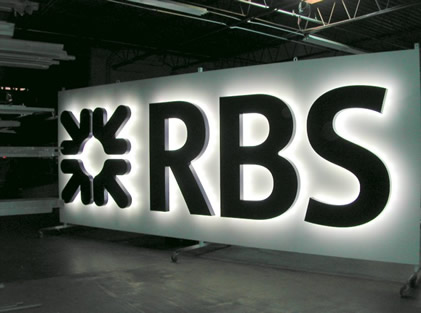 The departure of Royal Bank of Scotland boss Stephen Hester caused the company’s share price to drop in Thursday morning trading. Hester, who joined RBS in 2008 at the peak of the financial crisis, managed the bank through a series of restructuring efforts as it moved towards returning to non-government ownership.
The departure of Royal Bank of Scotland boss Stephen Hester caused the company’s share price to drop in Thursday morning trading. Hester, who joined RBS in 2008 at the peak of the financial crisis, managed the bank through a series of restructuring efforts as it moved towards returning to non-government ownership.
The Royal Bank of Scotland group has experienced a turbulent four years after the failure of its credit market positions in 2008. A 58 percent share in the investment bank was acquired by the government in late 2008 in the effort to increase capital and avoid a major collapse in the financial sector.
Stephen Hester’s departure signals a change for the bank, which is due to return to private ownership this year. George Osborne is expected to announce information about the bank’s privatization in the coming week, allowing investors – many of whom are disgruntled with the bank’s state ownership – to purchase shares.
News of Mr. Hester’s departure resulted in a six percent decrease in the value of RBS shares, down from a larger eight percent drop earlier. RBS announced that it would be axing up to 2,000 positions, primarily in its Asian operations, in order to lower its costs and allow for a more streamlined future.
The bank will also axe several of its retail investment products in order to refocus its investment arm on fixed-income operations. The bank will emphasize currency and stock trading and end ‘peripheral money-making activities.’ Many of the bank’s additional financial operations would continue under its RBS Markets division.
The departure of Mr. Hester signals a long-term change for the bank, which admits that finding a suitable replacement could be difficult. Public backlash against RBS, as well as what the group calls ‘political interference,’ are the biggest issues RBS faces in finding a replacement for Mr. Hester.





